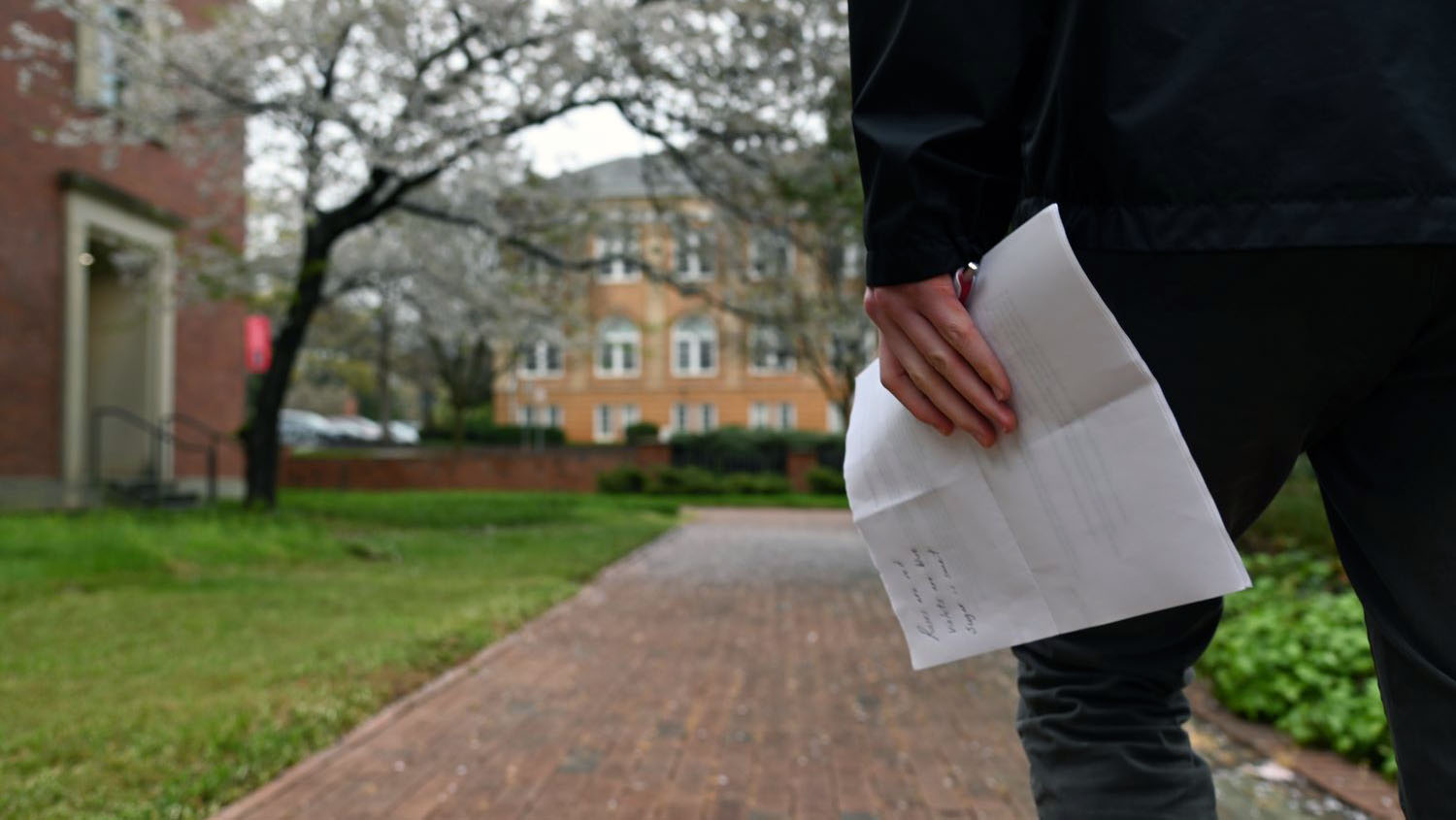English Prof Named American Council on Education Fellow
 Molly Corbett Broad, president of the American Council on Education (ACE), has announced that Laura Severin, Professor of English at NC State University, is one of 50 Fellows at the American Council on Education for academic year 2011-12.
Molly Corbett Broad, president of the American Council on Education (ACE), has announced that Laura Severin, Professor of English at NC State University, is one of 50 Fellows at the American Council on Education for academic year 2011-12.
The ACE Fellows Program, established in 1965, is designed to strengthen institutional capacity and build leadership in American higher education by identifying and preparing promising senior faculty and administrators for responsible positions in college and university administration. Fifty Fellows, nominated by the presidents or chancellors of their institutions, were selected this year in a national competition.
Most previous Fellows have advanced into major positions in academic administration, according to ACE Fellows Program director Sharon McDade. Out of more than 1,700 participants in the program’s first 46 years, more than 300 have become chief executive officers and more than 1,100 have become provosts, vice presidents, or deans.
Severin is a professor in the English department and a member of the Women’s and Gender Studies faculty. She also serves as a co-PI on NC State’s NSF ADVANCE project, designed to better recruit and retain women and faculty of color. All ACE Fellows work on a campus that isn’t their own, receiving guidance and assignments from presidents and other senior leaders. Severin will spend part of the next year at Duke University, where her focus will be furthering interdisciplinary teaching and research. As a Fellow, she will attend three week-long retreats on higher education issues organized by ACE, read extensively in the field, and engage in other activities that will advance her knowledge about the challenges and opportunities confronting higher education.
Founded in 1918, ACE (www.acenet.edu) is the major coordinating body for all the nation’s higher education institutions, representing more than 1,600 college and university presidents, and more than 200 related associations, nationwide. It provides leadership on key higher education issues and influences public policy through advocacy.


